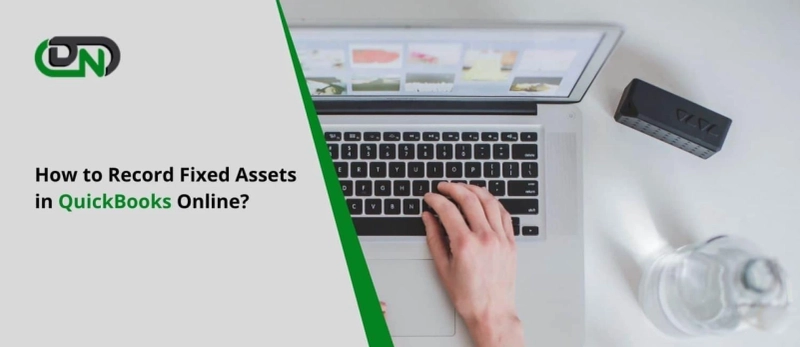How to Record Fixed Assets in QuickBooks Online?
In QuickBooks Online, the fixed assets in QuickBooks List can be used to track individual assets. This list allows you to enter information pertaining to the amount you purchased an item for, the date you purchased the item, and whether you purchased the asset new or used.



